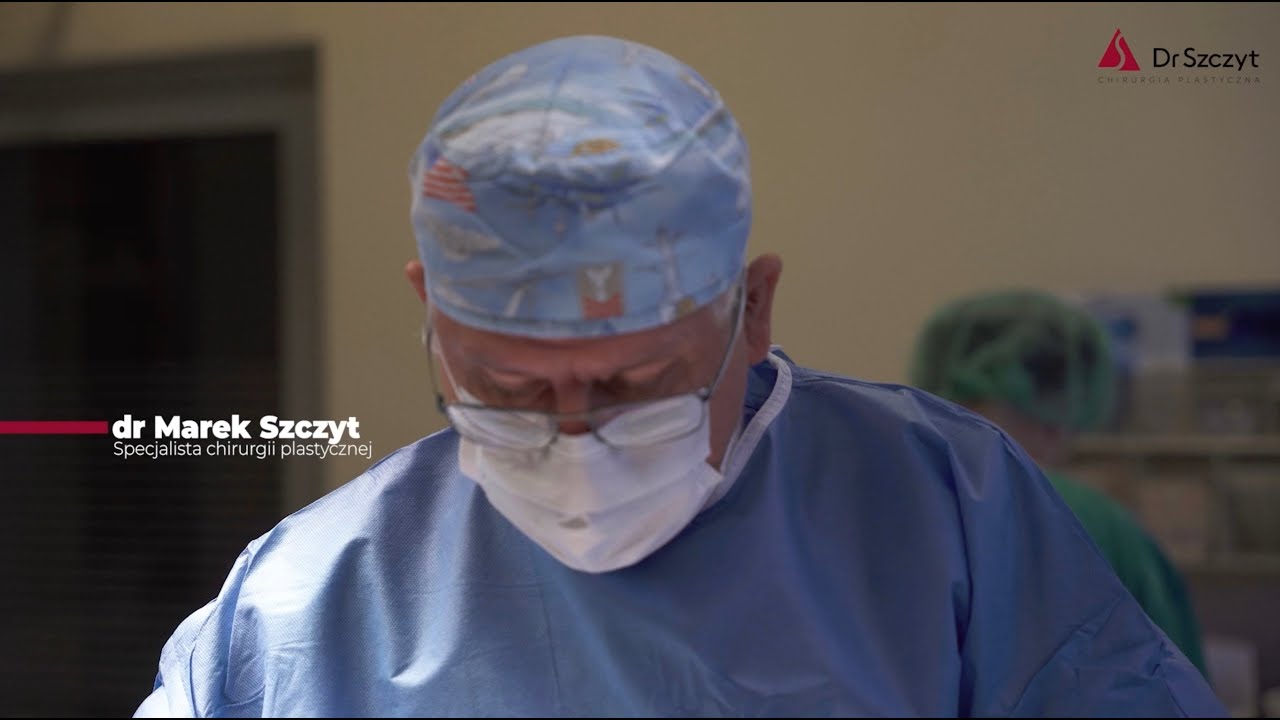How to deal with excess skin after weight loss?

Losing weight is a huge step toward better health and well-being. Unfortunately, it often comes with the challenge of excess loose skin, which can lower satisfaction with the results achieved. Understandably, such a side effect can sometimes be discouraging, but there are effective ways to improve the appearance of your skin and enjoy the full effects of your figure. How can this be remedied?
Where does excess skin come from after weight loss?
When we gain weight, the skin stretches, but when the weight goes down, the skin can't keep up with adjusting to the new figure. This is because collagen and elastin, which are responsible for tension and elasticity, do not have time to rebuild. As a result, the skin loses firmness and excess loose tissue appears.
How the skin responds to weight loss is affected not only by the amount of weight lost, but also:
- The rate of weight loss - rapid weight loss, such as through a drastic diet or bariatric surgery, can lead to the skin not having time to adjust. Weight loss should occur gradually (no more than 0.5-1 kg per week). This pace allows the skin to adjust naturally to the new figure;
- Age - as we age, the skin loses elasticity, making it more difficult for it to adapt to changes;
- Genetics - genetic predisposition also affects how the skin responds to weight loss. Some people have naturally more elastic skin;
- Lifestyle - hydration, diet and physical activity have a huge impact on the condition of the skin. The skin of people who have a healthy lifestyle responds better to weight changes.
It is worth remembering that every body is different, so effective weight loss requires an individual approach. It is good when the process is carried out under the guidance of a nutritionist, who will develop a nutrition plan that is tailored to our needs. It is also worth remembering that healthy weight loss is not a sprint, but a marathon. Losing pounds too quickly leads not only to loss of skin firmness, but also to other health problems (including hormonal disorders).
Is it possible to fight excess skin?
Adequate hydration (at least 2 liters of water a day) helps improve skin elasticity. Water acts as a transporter - it provides cells with essential nutrients and vitamins that support the production of collagen and elastin, the proteins responsible for skin firmness and elasticity. Its regeneration is also promoted by a diet rich in protein, vitamins and minerals. Consumption of products containing vitamin C, E and collagen helps improve its condition. Regular muscle-strengthening exercises and good quality firming cosmetics (among them it is worth choosing products containing retinol, hyaluronic acid or peptides) also have a positive effect on firmness. Unfortunately, these measures will not always be sufficient. Stretched skin after drastic weight loss will not adjust to the figure without the help of appropriate medical procedures.
Treatments to get rid of excess skin
Our clinic offers a wide range of aesthetic medicine and plastic surgery procedures to improve the condition and quality of the skin, as well as to get rid of excess skin, such as after weight loss. The effects of well-performed procedures are truly spectacular.
- Abdominal plasty (abdominoplasty) - is a surgery that aims to remove excess skin and fatty tissue in the abdominal area, strengthen weakened muscles and create a flat and aesthetically pleasing waist profile. It involves precise excision of excess skin and fatty tissue, followed by tightening of the remaining skin and reconstruction of the straight abdominal muscles.
- Shoulder plastics (brachioplasty) - surgery to remove excess skin to restore the firmness and aesthetic appearance of this body part.
- Thigh plastics (thigh liposuction and thigh lift) - surgeries to remove excess fat and skin from the thighs, shaping their shape accordingly. Depending on the individual needs of the patient, the surgeon may use one or both of these techniques.
- Facelift - treatment to remove excess flabby skin and tighten facial muscles. It improves the oval and smooths wrinkles.
How to prevent excess skin after weight loss?
The best way to avoid the problem of excess skin is prevention. The most important principle is gradual weight loss, which will allow the skin to adapt to the changes. Its elasticity is also affected by regular physical activity and care with moisturizing and firming cosmetics, as well as properly selected aesthetic medicine treatments. Regular massages also have positive effects.
FAQ
Why does excess skin appear after weight loss?
The skin, stretched by fat tissue, does not always have time to adjust to the new shape of the body. Rapid weight loss, age, genetics and lack of skin elasticity have a major impact on the appearance of the skin after weight loss.
Can excess skin be avoided during weight loss?
You can minimize the risk of excess skin by losing weight at a moderate pace (0.5-1 kg per week), incorporating regular strength training and ensuring a diet rich in ingredients that promote skin elasticity (vitamin C and E and collagen), but for major weight loss, aesthetic medicine and plastic surgery are supportive.
Is surgery for excess skin the only solution?
For moderate skin excess, exercise, proper skin care and cosmetic procedures will help. However, in cases of significant skin excess, such as after major weight loss, surgery is the most effective method, as it brings spectacular and lasting results, especially if we include aesthetic medicine treatments in the program to regain a beautiful figure.
What does surgery to remove excess skin involve?
The procedure involves cutting out excess skin and shaping the body accordingly. It can involve different areas, including the abdomen (abdominoplasty), arms, thighs or back. The procedure is performed under general anesthesia and lasts from 2 to 6 hours.
How long does it take to recover from surgery to remove excess skin?
Recovery takes several weeks to several months. You need to avoid strenuous exercise for at least 6-8 weeks and follow your surgeon's instructions for wearing compression garments and wound care.
Can excess skin return after surgery?
If the patient maintains a stable weight and a healthy lifestyle, the effects of the surgery will be permanent. Fluctuations in weight, such as significant weight gain or weight loss, can affect the re-stretching of the skin, so in addition to a proper diet and an active lifestyle, it is worthwhile to regularly use aesthetic medicine treatments.
What are the contraindications to skin removal surgery?
Contraindications include chronic diseases (especially unregulated diabetes or hypertension), blood clotting problems, pregnancy or its planning, and unstable weight.
Does excess skin affect health?
Excess skin causes physical discomfort, abrasion of the epidermis, but also problems with maintaining proper hygiene of skin folds, where in addition to the presence of wounds, infections also occur. The figure defect translates into a worse mood and lack of self-confidence.
















